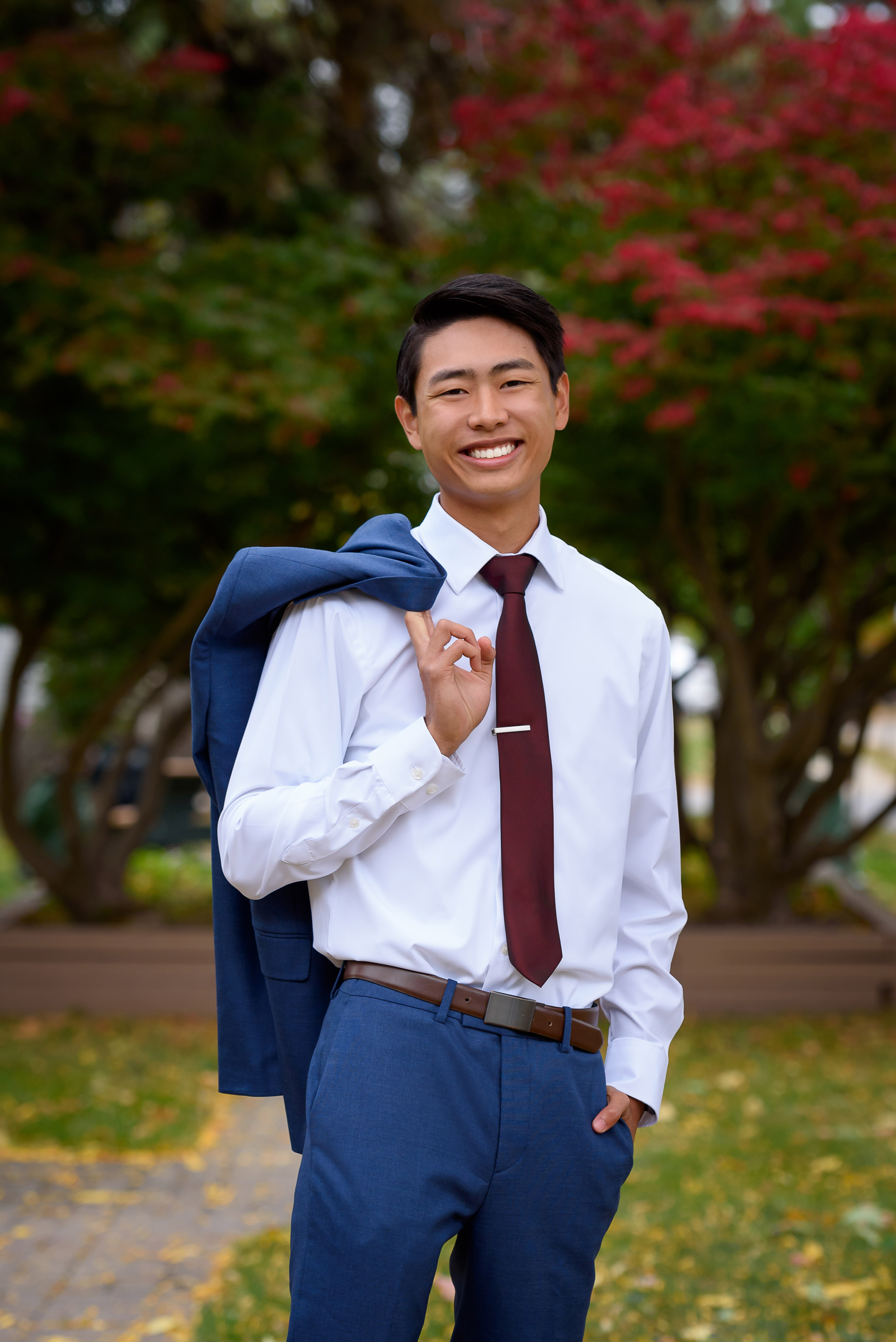Research Symposium
22nd annual Undergraduate Research Symposium
Ryan The Poster Session 7: 3:30-4:15/Poster #55

BIO
My name is Ryan The, and I am a first year student studying Public Health and Cell/Molecular Neuroscience at Florida State University. My hometown is Canton, Michigan, and my career goals are to become a physician with a focus on providing healthcare for underprivileged populations in the United States. I am participating in the Undergraduate Research Opportunity Program and am currently conducting research in Dr. Wilber’s lab studying spatial learning and memory in rodent models.
Hippocampus and Parietal Cortex Activity Patterns Encode Coordination Between Map-Like and Body Centered Navigation
Authors: Ryan The, Dr. Aaron WilberStudent Major: Public Health and Cell Molecular Neuroscience
Mentor: Dr. Aaron Wilber
Mentor's Department: Psychology Mentor's College: Psychology Co-Presenters:
Abstract
Navigation is a central part of living in today’s society. Simply making a decision to turn left or right at an intersection to go home or to your favorite restaurant involves many complex mechanisms in the brain. These decisions are made from both egocentric (first-person) and allocentric (third-person). A disruption in spatial awareness is one of the first symptoms to show in Alzheimer’s disease, and thus it is our goal to learn more about how these brain systems work in normal animals so we can understand disease related perturbations. In order to investigate this further, we are building on an existing data set. Our rat, RFB025, was trained in a complex spatial sequence task which involves navigating to a sequence of places with an overlapping element (1-2-3-4-1-2-3-5 and back to 1 to repeat the sequence). Navigating this sequence requires the animal to remember the allocentric (map-like) spatial context, came from 4 vs came from 5, while navigating the 1-2-3 element and then converting this information to the appropriate egocentric action (go to the right to 4 or to the left to 5) in order to obtain a reward. Once the animal has reached criterion, then surgically implanted electrodes into the hippocampus and parietal cortex regions in order to measure brain activity in those areas. Our hypothesis is that our preliminary data will hold true and these brain regions will be critical for both remembering the allocentric context (hippocampus) and converting this information into the appropriate egocentric action (parietal cortex).
Keywords: Neuroscience, navigation, Alzheimer’s, learning

